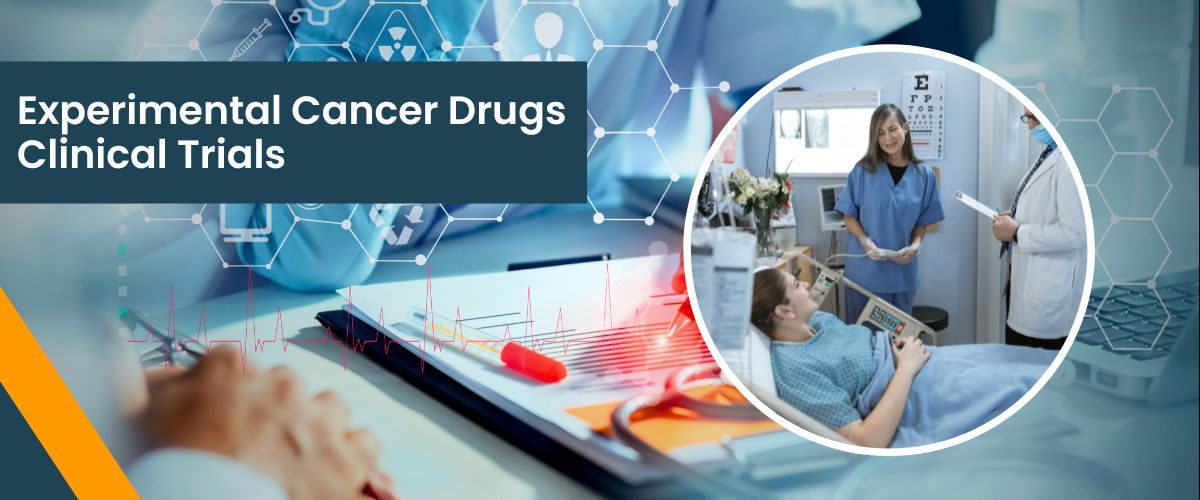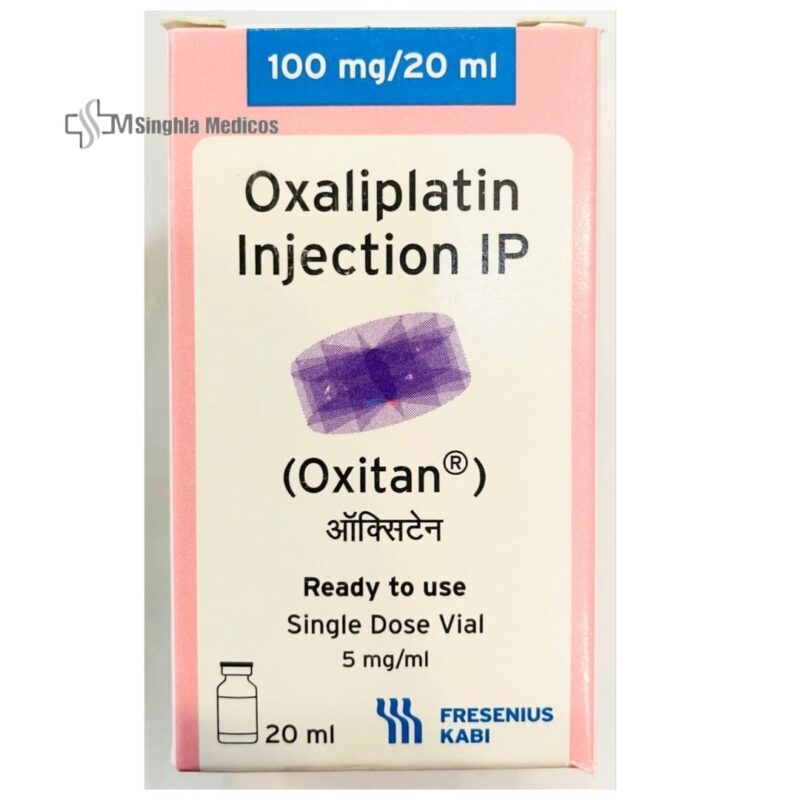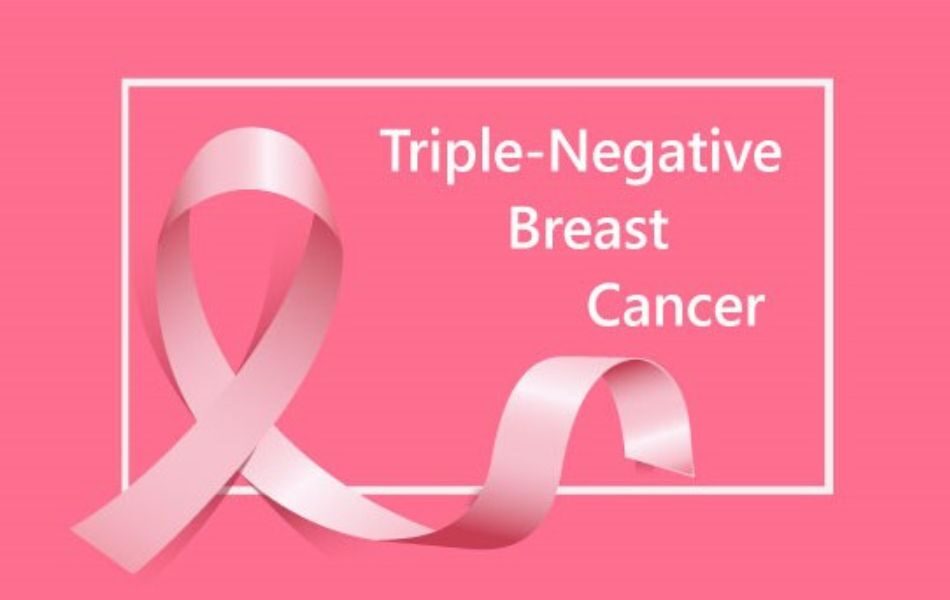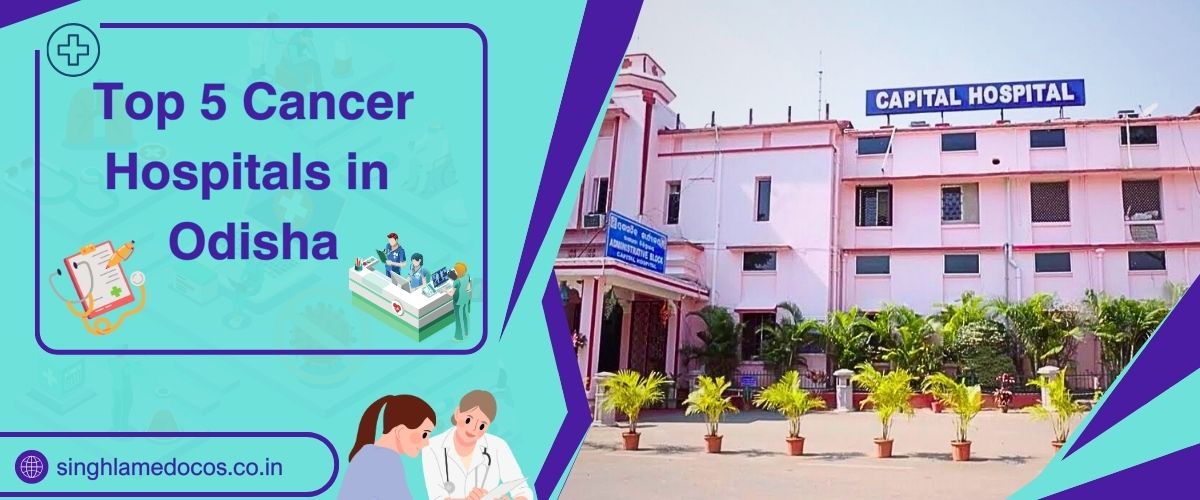BLOG
How to Access Experimental Cancer Drugs Through Clinical Trials

Cancer treatment has evolved remarkably over the years, offering numerous options for patients. One of the most promising avenues for accessing cutting-edge treatments is through clinical trials. If you're considering participating in a clinical trial to access experimental cancer drugs, this guide will help you understand the process, benefits, and considerations involved.
What Are Clinical Trials?
Clinical trials are research studies conducted to evaluate the safety and effectiveness of new treatments or drugs. They are essential for developing innovative cancer therapies and improving patient outcomes. Clinical trials often involve experimental drugs that are not yet available to the general public.
Why Consider Clinical Trials?
1. Access to New Treatments
Participating in a clinical trial provides access to experimental drugs and treatments that might not be available outside the study. These new therapies could offer better results than conventional treatments, especially if current options have been exhausted.
2. Cutting-Edge Research
Clinical trials contribute to advancing medical science. By participating, you become part of groundbreaking research that could lead to new, effective cancer treatments for future patients.
3. Comprehensive Care
Patients in clinical trials often receive more frequent and thorough medical evaluations than those receiving standard care. This can lead to better monitoring and potentially improved outcomes.
How to Find Clinical Trials for Experimental Cancer Drugs
1. Consult Your Oncologist
Your first step should be to discuss clinical trials with your oncologist. They can provide personalized recommendations based on your specific cancer type, stage, and overall health. Oncologists often have knowledge of ongoing trials that are suitable for their patients.
2. Use Online Resources
Several online databases list available clinical trials. Some useful resources include:
- ClinicalTrials.gov: A comprehensive database of clinical trials conducted worldwide. You can search by condition, location, and phase.
- Cancer.gov: The National Cancer Institute’s website offers information on cancer trials, including new treatments and research studies.
- TrialMatch®: A service provided by the American Cancer Society to help match patients with appropriate clinical trials.
3. Reach Out to Cancer Centers
Many cancer treatment centers and research institutions conduct clinical trials. Contact major cancer centers like MD Anderson, Mayo Clinic, or Memorial Sloan Kettering to inquire about ongoing trials and eligibility criteria.
4. Explore Patient Advocacy Groups
Patient advocacy organizations often have information about clinical trials and can offer support and guidance. Groups like the American Cancer Society and the Leukemia & Lymphoma Society can connect you with resources and information.
Eligibility Criteria for Clinical Trials
Each clinical trial has specific eligibility criteria that participants must meet. These criteria can include:
- Type and Stage of Cancer: Some trials focus on specific types or stages of cancer.
- Previous Treatments: Trials may have requirements regarding prior treatments or therapies.
- Overall Health: Your general health and any pre-existing conditions may affect your eligibility.
It’s important to carefully review the eligibility criteria and discuss them with your healthcare team to ensure that the trial is a good fit for you.
The Process of Participating in a Clinical Trial
1. Initial Screening
Once you find a suitable trial, you’ll undergo an initial screening process. This may involve medical evaluations, tests, and discussions to determine if you meet the trial’s criteria.
2. Informed Consent
Before participating, you will be required to provide informed consent. This document explains the details of the trial, including potential risks and benefits. It ensures that you understand what participation involves and that you voluntarily agree to take part.
3. Treatment and Follow-Up
If you’re accepted into the trial, you’ll begin the treatment phase, which may involve receiving the experimental drug along with regular monitoring and assessments. Follow-up visits will be scheduled to track your progress and manage any side effects.
Potential Risks and Benefits
Benefits
- Access to innovative treatments
- Close monitoring and comprehensive care
- Contribution to scientific research
Risks
- Uncertain effectiveness of the experimental drug
- Possible side effects or adverse reactions
- The trial might not lead to the expected benefits
It’s crucial to weigh these potential risks and benefits with your healthcare provider to make an informed decision.
Conclusion
Accessing experimental cancer drugs through clinical trials can be a promising option for many patients. By understanding the process and considering the benefits and risks, you can make an informed decision about whether participating in a clinical trial is the right choice for you. Always consult with your healthcare team and explore all available resources to find the best treatment options for your situation.
FAQs About Clinical Trials for Experimental Cancer Drugs
Q1: How can I determine if a clinical trial is right for me?
A1: Consult your oncologist to discuss your options. They can help you understand whether a specific trial is suitable based on your cancer type, previous treatments, and overall health.
Q2: Are clinical trials only for people who have no other treatment options?
A2: Not necessarily. Clinical trials are available for various stages of cancer and treatment histories. Some trials are designed for patients who are newly diagnosed, while others are for those who have already tried standard treatments.
Q3: What happens if I want to withdraw from a clinical trial?
A3: You have the right to withdraw from a clinical trial at any time. Inform the trial coordinator or your healthcare team if you decide to stop participating. They will guide you through the process and ensure you receive appropriate follow-up care.
related products
-
 Oxiplat 50mg Injection
Oxiplat 50mg Injection
₹2,345.05Original price was: ₹2,345.05.₹950.00Current price is: ₹950.00. -
 Oxitan 50mg Injection
Oxitan 50mg Injection
₹2,091.93Original price was: ₹2,091.93.₹850.00Current price is: ₹850.00. -
 Oxitan 100mg Injection
Oxitan 100mg Injection
₹5,210.19Original price was: ₹5,210.19.₹1,550.00Current price is: ₹1,550.00.
Common Myths and Misconceptions About Cancer Debunked
-
Posted by
admin
- 0 comments
Top 5 Cancer Hospitals in Meghalaya
-
Posted by
admin
- 0 comments
Understanding Kidney Cancer: Symptoms, Causes, Treatment, and Medicines
-
Posted by
admin
- 0 comments
Top 5 Cancer Hospitals in Bihar
-
Posted by
Rahul Rai
- 0 comments
The Future of Cancer Research Emerging Trends and Breakthroughs
-
Posted by
admin
- 0 comments
Top 10 Anticancer Drugs In India For Prevalent Cancers
-
Posted by
admin
- 0 comments
Understanding Carcinogens and Their Impact on Health
-
Posted by
admin
- 0 comments
Advances in Surgical Techniques for Cancer Treatment
-
Posted by
admin
- 0 comments
What Is Triple Negative Breast Cancer?
-
Posted by
admin
- 0 comments
Innovations in Cancer Treatment: Targeted Therapies and Immunotherapy
-
Posted by
admin
- 0 comments
Top 5 Cancer Hospitals in Odisha
-
Posted by
admin
- 0 comments
Herbal Remedies and Alternative Therapies in Cancer Care What You Need to Know
-
Posted by
admin
- 0 comments













